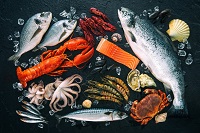Plastic petrochemicals renewability recycling 19-12-2018 - Arhive
-China – Polyethylene Terephthalate
PET and its chain decrease slightly.
PET Bottle grade export 1,030/1,070 $/ton – PET Bottle grade domestic market 8,250/8,350 yuan/ton – PET Filament grade SD domestic market 8,050/8,200 yuan/ton – PET Filament grade BR domestic market 8,150/8,250 yuan/ton
PTA Taiwan 855/865 $/ton – PTA domestic market 6,550/6,650 yuan/ton – MEG $ 705/720 $/ton – MEG domestic market 5,700/5,800 yuan/ton – PX Korea 1,030/1,045 $/ton
POY 150D/48F domestic market 8,700/8,800 yuan/ton – DTY 150D/48F domestic market 10,700/10,850 yuan/ton – PSF domestic market 9,000/9,100 yuan/ton
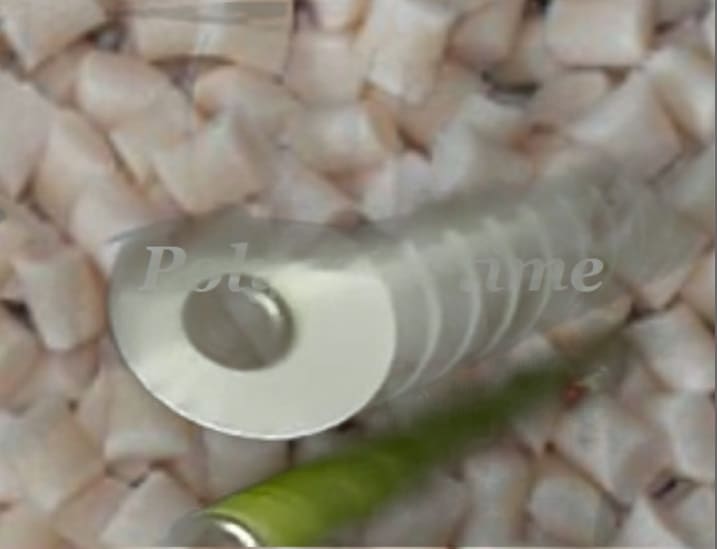
-Polyamide 6.6 : Price Trend – China market
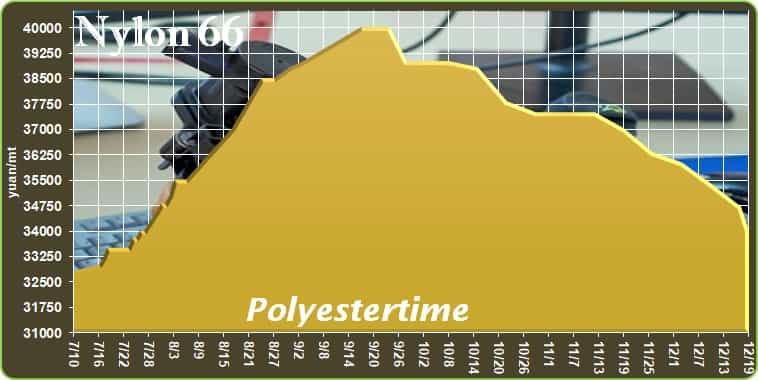
-Spot PVC prices in Europe fell in December amid falling raw material prices
The December spot prices of polyvinyl chloride (PVC) on the European market dropped last week as a result of lowering the contract price of ethylene raw materials, sources in the market told ICIS .
Thus, spot quotes for material in the region last week were at EUR790-840 per tonne, FD, which is EUR30 per tonne lower in both the upper and lower price ranges compared to the previous level.
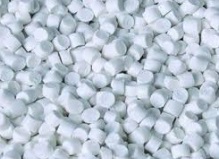
-Crude Oil Prices Trend

-BASF notifies Avantium of its exit from Synvina
BASF has notified Avantium of its exit from their Synvina joint venture, effective 15 January 2019.
Avantium continues to disagree with BASF’s interpretation of the joint venture agreement. Avantium and BASF are still discussing the terms and conditions of an exit.
Upon an exit of BASF, Avantium will acquire BASF’s equity interest in the joint venture and Synvina will continue its operations as a fully Avantium-owned company.
In addition, the YXY technology, know-how and people will revert to Avantium. This will allow Avantium to pursue alternative routes for commercializing the technology.
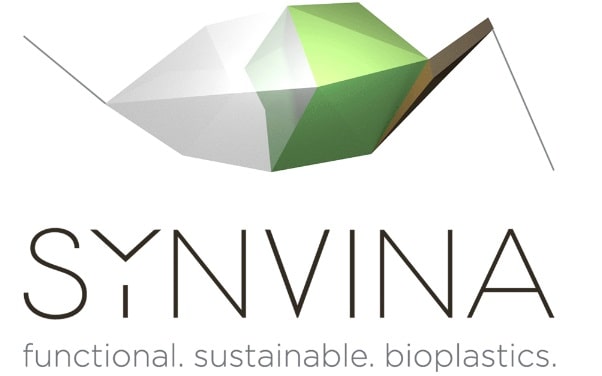
US oil dominance increases with shale, raises environmental concerns
The American oil industry has geared back up in full force globally due to shale technology, but other market forces may not let it reign for long.
For some time now, the oil industry in the U.S. had to sit in its own shortsightedness about not evolving practices with long-term goals in mind.
Because of that folly, the U. S. became caught in economic warfare that it found itself on the losing end for nearly 50 years.
With shale technology finally becoming successful, the reports as of fall 2018 became the U.S. became the leader in oil again.
Notice the price on oil and gas did not go down. Notice no mass patriotic celebration about it across the nation either.
The problems with oil
Those citizens living in regions of oil production will say the callous disregard oil companies have about the pollution levels they spew out causes cancer even in children in local populations.
With the recent lessening of the EPA restrictions, it has gotten worse. Communities understand the risk of working for oil companies, but they also understand the deep lies that companies tell and the amount of influence they have on Congress.
Being socially responsible has never been one of the oil companies’ strong points but giving money to communities as payment for infractions is well-known.

-Oil nosedives to $46. Worries about economy collide with supply glut
The bear market in oil keeps getting worse as worries about global growth and a supply glut ratchet higher.
US oil prices plummeted 7% on Tuesday to settle at $46.24 a barrel. It was crude’s weakest close since August 2017.
The deepening downturn in the oil patch is yet more evidence of investors fleeing risky assets as they brace for an economic slowdown.
The same growth jitters that are rocking Wall Street — the Dow and S&P 500 are on track for their worst December since 1931 — are infecting commodities. Small-cap stocks plunged into a bear market on Monday.

-Bombay Dyeing spikes on plans to close Indonesian biz
The company has signed an agreement to shut down its loss-making subsidiary in Indonesia. The stock reacted to this development and was locked in its upper circuit limit in Tuesday’s morning session.
The company’s board has approved and consented the closure of its subsidiary PT Five Star Textile Indonesia (PTFS) on Monday. The expected date of completion of closure is December 31, 2019. The unit has incurred losses for many years. All financial risks arising from this subsidiary have already been provisioned for, stated the company. The company had reported an exceptional item of Rs. 18.88 crore for the half-year ended September 2018 compared to Rs. 17.12 crore in the corresponding period year ago.
Bombay Dyeing operates in three major business segments, retail textile, realty and polyester. The company’s retail textile division offers linens, towels home furnishings and clothing products through multi-brand stores and across more than 350 exclusive stores.
![]()
-UK waste strategy requires packaging producers pay costs of recycling
Businesses will pay the full cost of recycling or disposing of their packaging waste, under a major new UK Government strategy unveiled by the Environment Secretary today.
The move will overhaul England’s waste system, putting a legal onus on those responsible for producing damaging waste to take greater responsibility and foot the bill.
The announcement forms part of the government’s new Resources and Waste Strategy. Meanwhile, the new waste policy will attempt to simplify the existing recycling system, with new plans for a consistent approach to recycling across England.
Timings for introduction will be subject to discussions at the Spending Review.

-Ribena announces new sustainability measures
Ribena is announcing a range of new sustainability measures to celebrate over 10 years of using 100 per cent recycled plastic (rPET) to produce its drink bottles.
Ribena was the first UK soft drink brand to pioneer this approach in 2007, preventing 40,000 tonnes of virgin plastic being produced. Following the success of its introduction of rPET, the soft drinks brand has announced several other steps in order to increase its sustainability even further.Ribena announces new sustainability measures
Most recently, it completed a successful trial of a new design for lightweight plastic for its 500ml bottle. By reducing its plastic packaging, the brand will save 325 tonnes of plastic every year once it rolls this design out in January.
The brand is also making progress with the trays that the Ribena squash concentrate bottles are delivered on, pushing for the trays to be made from 100 per cent recycled cardboard – a move Ribena has already implemented with the trays used to transport its beverage cartons. These two changes alone could save up to 406 tonnes of new board from being produced every year.
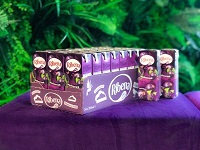
-Plastic bottle recycling has another ‘difficult year’
Plastics in a waste bin.The amount of plastic bottles collected for recycling continued to decrease in the U.S. in 2017, contributing to the third straight year of a declining recycling rate.
The American Chemistry Council (ACC) and the Association of Plastic Recyclers (APR) on Monday released figures indicating 2.8 billion pounds of plastic bottles were collected for recycling in 2017. That’s down from more than 2.9 billion a year earlier, a decrease of 3.6 percent.
The overall plastic bottle collection rate, which calculates the percentage of plastic bottles collected out of the total weight of plastic used to produce new bottles, was 29.3 percent in 2017. In 2016, it was 29.7 percent. Last year, the report acknowledged, marked “an exceedingly difficult year for plastic bottle recycling.”
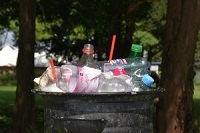
-Eco-friendly expanded polystyrene is oxo-biodegradable and recyclable
ReFoam EPS from IntegritempFounded in 1958, Plastilite Corp. (Omaha, NE) quickly expanded from manufacturing products such as picnic coolers and minnow buckets for retail markets into applications for commercial packaging.
The resulting products were a natural fit for an emerging mail order food industry.
Since that time, millions of steaks, hams, turkeys and desserts have found their way to consumers in the company’s sturdy EPS foam molded shipping coolers.
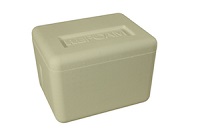
-The plunge in oil prices is putting even the Permian Basin under water
Outside of the Permian, things are even more stark
The plunge in U.S. oil prices has wells in some parts of the Permian Basin below break-even levels, threatening to put the brakes on the record flow from the prolific field.
Oil produced from the Permian in Midland, Texas, is now trading below US$40 a barrel for the first time since August 2016, according to data compiled by Bloomberg, as West Texas Intermediate futures dropped more than 6 per cent Tuesday.
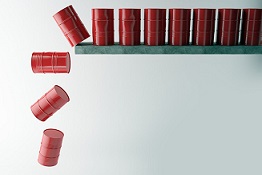
-Aimplas carries out Enzplast project
Aimplas, is carrying out the Enzplast project, supported by the Valencian Institute of Business Competitiveness (IVACE), whose main objective is developing new processes more sustainable for the manufacturing, recycling and composting of plastics.
Cofounded by EU ERDF funds within the 2014-2020 ERDF Operational Programme for the Valencian Region, the Enzplast project pursues three objectives.
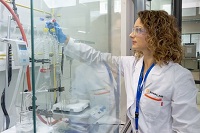
-Bioplastic Film Kills Foodborne Pathogens
Seafood may be contaminated with bacterial pathogens, such as vibrio and salmonella. Vibrio naturally occur in marine environments, and salmonella can contaminate seafood during production or processing.Bioplastic
Both types of bacteria are linked to gastrointestinal problems when consumed. Because both types of bacteria can survive long-term freezing conditions, the contamination of these bacteria is a concern for the seafood industry.
